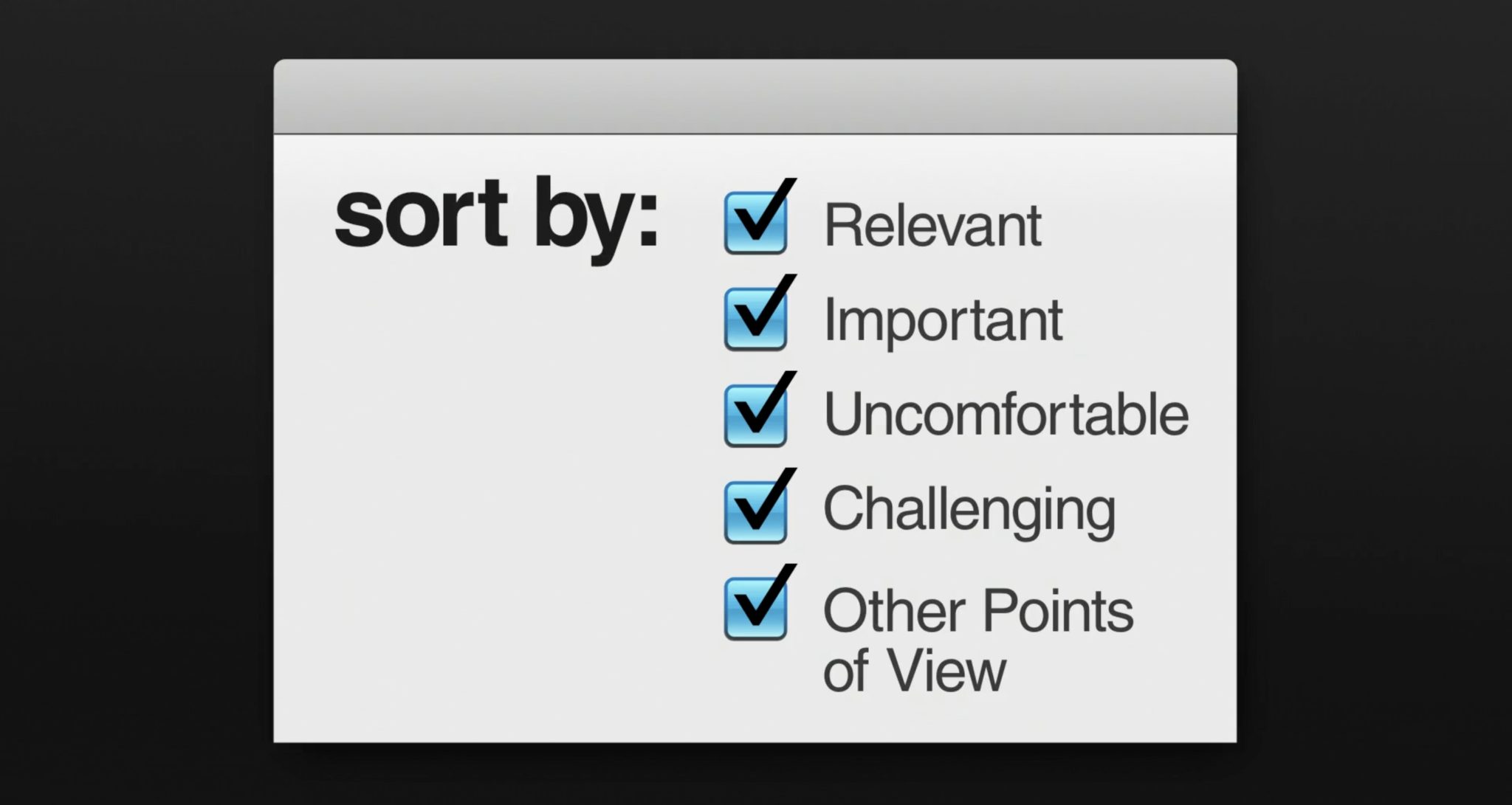A Discussion on Filter Bubbles & the Contract for the Web
The early days of the internet were exciting. The ever-expanding connectivity between people and ideas seemed to have no limit. Thousand-page encyclopaedias, reduced to pixels on a screen and the distance to any shop in the world, reduced to the other side of your kitchen. Society could surely only benefit from this revolution in communication and connection.
With the online transition in full swing, the amount of information available online increased exponentially. The companies at the forefront of the web began to see a problem: figuring out what information to show which people. Queue the personalised feed. By analysing what web users had viewed, clicked, liked and shared in the past, these companies could create models that would predict what users would like to see. Content platforms would tailor their homepages to specific users. This expanded into all areas of these sites and even to search results. Eli Pariser described asking two friends to run a Google search for ‘Egypt’. The first friend received news about recent large-scale protests and the political crisis in the country. The second friend got travel information and encyclopaedia results. These personalised results for the exact same search term may seem quite useful. The logic being that the first friend has probably searched for current affairs many times and the second has searched for travel information. However, when searching for objective facts, this personalisation can have the effect that some people are completely filtered out of certain types of content by “The Filter Bubble”.
A squirrel dying in front of your house may be more relevant to your interests right now than people dying in Africa.
Mark Zuckerburg
This bubble is the result of our replacing of the human content editors of the past with the digital algorithmic editors of today. Picking up and analysing many points but aiming only to induce more clicks and engagement. Saying nothing of the effect on individuals, it’s clear that this is not what society needs.
The Contract for the Web aims to address these issues. Much like the establishment of journalistic ethics in the twentieth century, this contract aims to establish a set of principles to protect both individuals and society at large from the negative effects of the web. For example, Principle 5 focuses on the privacy of individuals and control of their data. It advocates for clear explanations of privacy processes and easy to use control panels to decide on various data options. It calls on corporations to limit data collection and use best practices in UI design to help users intuitively control their data. Principle 8 on the other hand deals with society. It advocates the webs use for building strong communities centred around civil discourse and human dignity. It is here where the individual and the society potentially clash.
Lack of privacy and uncontrolled data collection has led to the birth of very accurate personalisation algorithms. These algorithms have created filter bubbles, feeding individuals only what they have previously indicated they will engage with. This has walled individuals off from content they have refused to engage with. Now, as data controls and privacy laws begin to be enforced, many people are limiting the amount of personalisation platforms can perform. This in turn opens them up to information they may find disagreeable. And this is where conflict can occur.
Data and privacy are huge issues of great importance. But, without proper education on civil discourse people may be unable to process the newly unwalled lands of the web that we are creating. We have already seen how online battles have been played out in the real world. Disagreements on the keyboard becoming riots on the street – this is clearly already an issue. If we only focus on those issues that pertain to the individual, we risk furthering an issue that can engulf our society as a whole.

